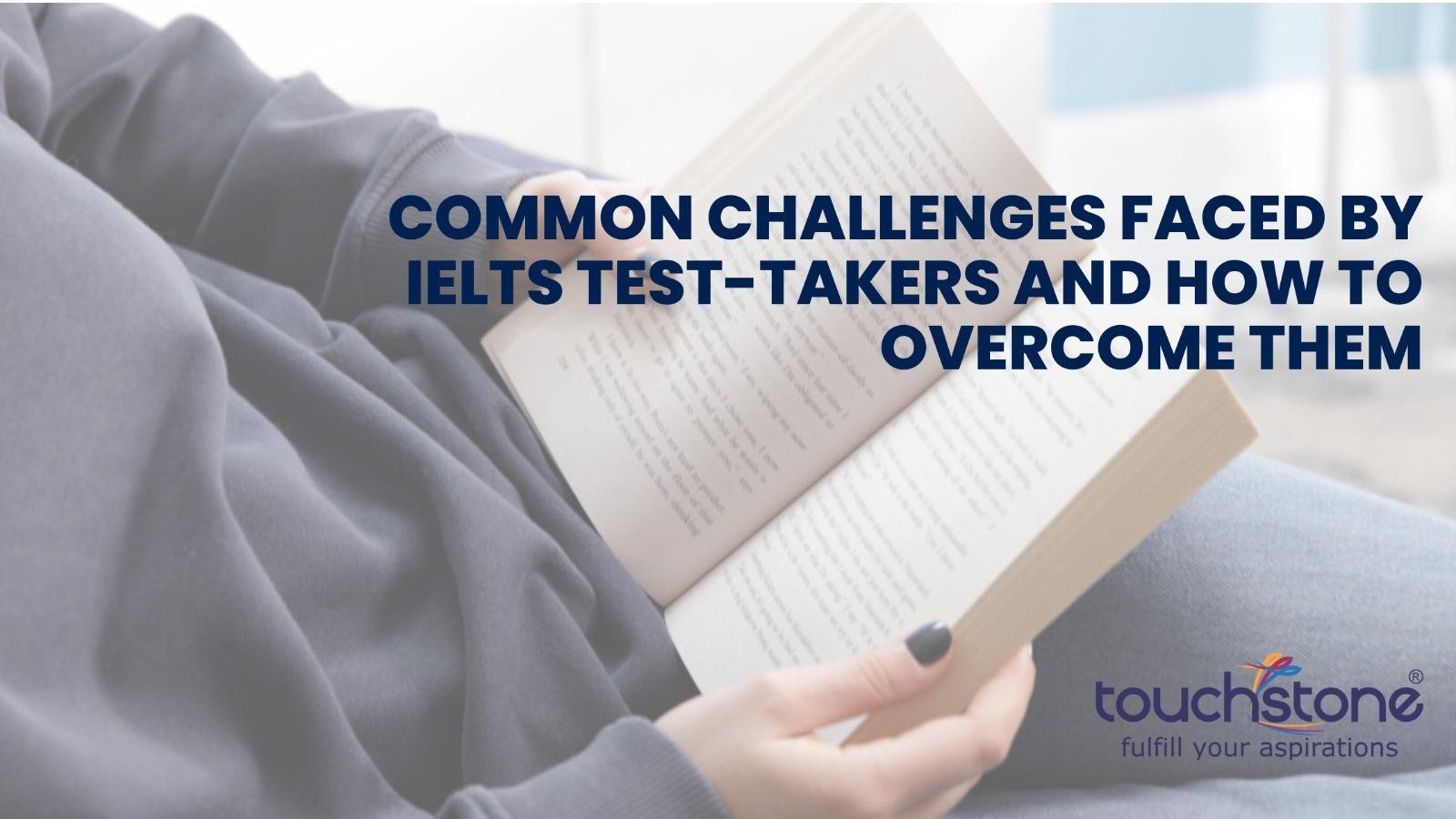Common Challenges Faced by IELTS Test-takers and How to Overcome Them
The International English Language Testing System (IELTS) stands as a monumental gateway for millions worldwide who aspire to study, work, or live in an English-speaking country. The challenges of this exam are multifaceted, deeply personal, and often deeply linked to one’s cultural and academic background. Through this expansive exploration of the test dynamics and actionable strategies for success, we aim to equip IELTS test-takers with a robust toolkit to overcome these challenges and emerge victorious in their language proficiency quest.
The Significance of IELTS And Its Challenges
For many, an IELTS certification is not just an exam but a milestone that can shape their entire future. It’s a rigorous assessment that gauges the four pillars of English communication: Listening, Reading, Writing, and Speaking. Despite being an internationally recognized standard, its hurdles can be daunting:
Time Management Tactics
The clock is a constant adversary in the fast-paced IELTS environment. Each section, with its unique demands, requires precision and speed. The key to time management lies in smart preparation and the cultivation of effective test strategies.
Accents and Comprehension
English, being a global language, is subject to diverse local twists that can befuddle comprehension. Overcoming accent challenges requires dedicated and varied listening practice.
Vocabulary and Grammar Grasp
The written components of IELTS demand a nuanced understanding of the English lexicon and its grammatical principles. Building a robust linguistic toolkit is an ongoing process that necessitates diverse learning approaches.
Conquering Nervousness
Anxiety can be a silent saboteur, especially during the Speaking test. Finding the tranquil zone amidst the high-stakes environment is crucial for delivering one’s best performance.
Strategies for Tackling IELTS’ Hurdles
The Stopwatch as Your Ally
In a time trial such as IELTS, the significance of practice with time constraints cannot be overstated. Develop a routine that mirrors the actual test scenario, working through sections under time limits to build your mental and emotional endurance.
Section-Specific Techniques
For Listening and Reading, effective skimming and scanning techniques can help identify answers quickly. In the Writing section, devote time to plan and structure your responses, ensuring you communicate your ideas concisely and coherently. Lastly, in Speaking, succinct preparation and practice with a variety of topics will boost articulation clarity and fluency.
Listening Practice Regimen
Regular listening practice, not just limited to IELTS-style exercises but also including native English materials like podcasts and radio shows, helps attune your ears to various English accents. Train yourself to listen not just to the words, but to identify the context and underlying message.
Active Listening Techniques
Engage actively with the content, making notes of key points, and even trying to predict the speaker’s next words or thoughts. This level of focus and engagement sharpens your listening capacity.
The Vocabulary and Grammar Grind
Reading is a potent tool for vocabulary acquisition. Immerse yourself in various genres of literature and periodicals, making a habit of noting and learning new words. Similarly, refine your grammatical skills through consistent writing practices and feedback sessions.
Language Learning Apps
The digital era has blessed us with a plethora of language learning apps that offer gamified ways to enhance vocabulary and grammar. These can be excellent supplementary tools to traditional studying methods.
Confidence Building Exercises
Confidence is cultivated through competence. Regular practice and familiarization with IELTS-style questions can help reduce the anxiety associated with the exam. Additionally, psychological tools such as meditation and visualization techniques can instill a composed and confident mindset.
Mock Tests as Confidence Boosters
Regular mock tests not only refine your exam skills but also prepare you mentally for the testing conditions. The more closely these simulations resemble the real test, the more confident you’ll feel on the day.
Real-Life Examples of IELTS Triumphs
From Struggles to Success: A Test-Taker’s Journey
The best advice often comes from those who’ve trodden the path before you. We share stories of IELTS test-takers who, faced with significant challenges, mustered their courage and employed effective strategies to ace the test. Their experiences, setbacks, and eventual triumphs paint a vivid and relatable picture of the IELTS adventure.
Conclusion: The Resilient IELTS Warrior
The Journey Ahead
The road to IELTS victory is not always smooth, but it is eminently conquerable. Armed with a methodical approach and an unyielding spirit, every test-taker can turn these challenges into stepping stones towards their linguistic goals. Remember, with every hurdle crossed, you grow stronger and more proficient in the rich tapestry of English.
Sharing Experiences and Seeking Support
Engagement with fellow test-takers and teachers can offer multiple perspectives and a network for support. Whether through discussions, forums, or social media groups, the collective experience continually adds to the individual’s preparation.
Continuously seeking growth and pushing past limitations is the ethos of the IELTS spirit, and it’s in this spirit that we encourage all aspirants to march forward, undeterred and resolute. Your IELTS triumph awaits—gear up, rise against the challenges, and claim your victory in the world of English fluency.





